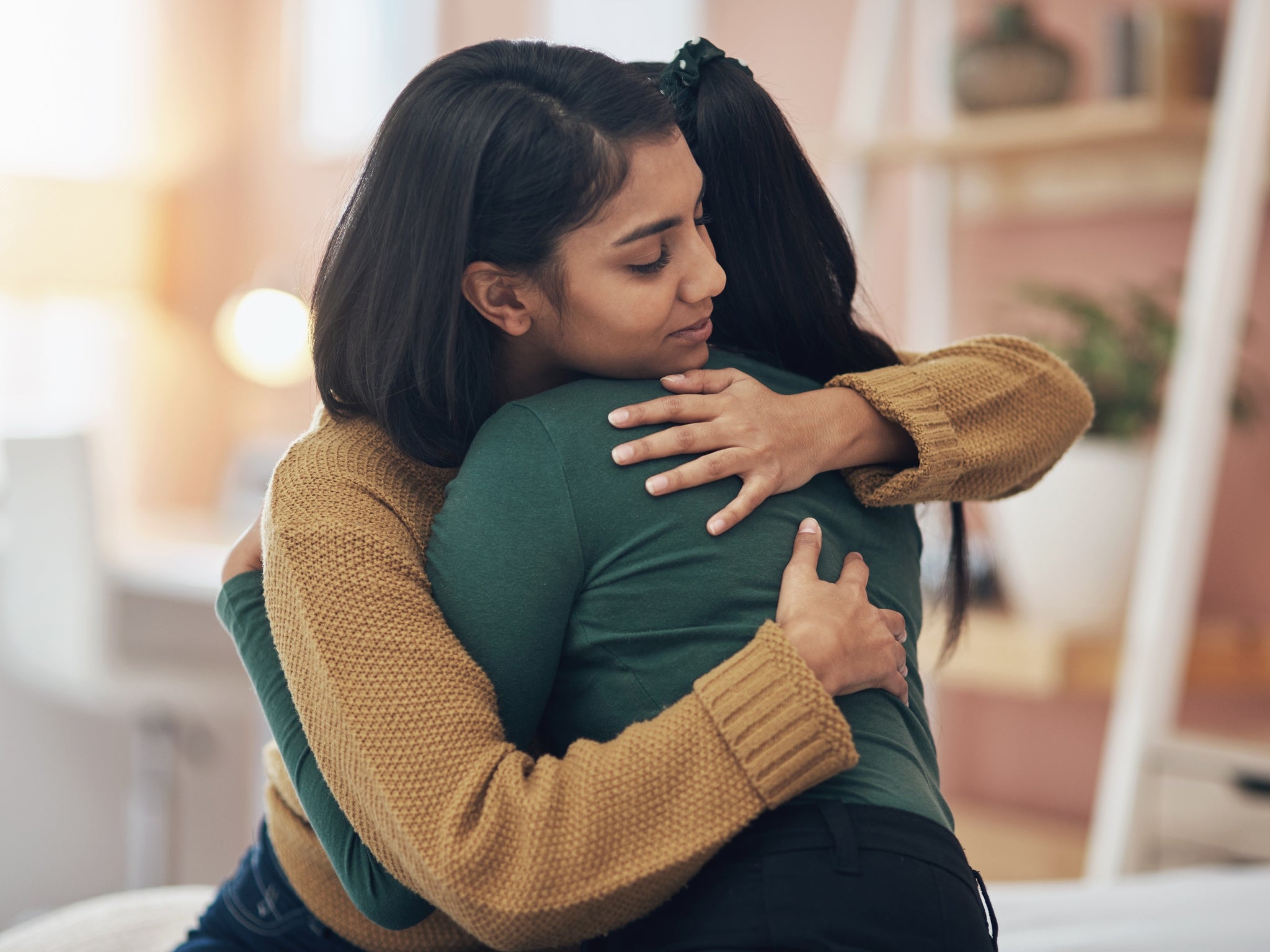Happiness and wellbeing of UK ‘deteriorated’ in 2020, ONS finds
It’s the highest decline the Office for National Statistics has seen since it started measuring personal wellbeing

In what won’t come as terribly shocking news, the wellbeing and happiness levels of the UK “deteriorated across all indicators” between April 2020 and March 2021, the Office for National Statistics (ONS) has found.
In a report released today, 15 October, the ONS said the downward trend follows on the previous year period but “even more sharply” and notes that it takes place entirely during the Covid-19 pandemic.
The UK entered it’s first lockdown in March 2020 and spent the subsequent year in and out of lockdowns before the vaccine was introduced in early 2021.
The personal wellbeing review looks at life satisfaction, the feeling that things done in life are worthwhile, happiness and anxiety levels in the UK and the ONS says the most recent release is the greatest decline it’s seen since it started measuring personal wellbeing in 2011.
Anxiety levels saw an increase across the UK - except from in Northern Ireland and the North East - with the largest increases being in the West Midlands and the North West.
Happiness levels decreased the most in the West Midlands and Yorkshire and The Humber, the latter also saw the largest drop of life satisfaction levels alongside Northern Ireland.
Feeling as if things done in life are worthwhile declined everywhere apart from the North East, with the largest decrease being in the South East.

“After a turbulent year, it’s perhaps no surprise that there has been a deterioration across the UK in wellbeing, happiness, and satisfaction levels, as well as an increase in anxiety across the nation,” Glenys Jackson, Clinical Lead for Mental Health at Bupa UK, said in a statement.
“Worryingly, the most recent annual declines seen in personal wellbeing across the UK were the greatest seen since ONS began measuring wellbeing for life satisfaction, anxiety, and happiness levels. It’s been an incredibly tough year for many, things have changed fast, and most of us are worried about what it all means for ourselves and our loved ones. These feelings of anxiety, stress and uncertainty will have undoubtedly impacted our wellbeing and life satisfaction.”
Jackson adds that with lockdowns and offices beginning to open back up, there’s been “a lot of different emotions for everyone to process”.
It’s a normal and natural response to feel anxious when faced with uncertainty.
“It’s a normal and natural response to feel anxious when faced with uncertainty and situations that are beyond our control. After everything we’ve been through, there are lots of ways people are experiencing post-lockdown anxiety,” she continued.
“It’s important to recognise anxieties about restrictions easing are understandable – and you won’t be alone in feeling them. Don’t pressure yourself to feel better about this straight away; instead take one small step at a time to help manage your anxiety and do what’s right for you.”
How to cope with pandemic anxiety
If you are feeling anxious, whether pandemic-related or not, Jackson says one of the best things you can do is to “go at your own pace”.
“If you’re feeling anxious, take things slowly and be kind to yourself. It can be overwhelming as restrictions ease and it’s understandable to feel anxious. Take things at a pace you’re comfortable with and start slowly,” Jackson advises.
She also advises prioritising your physical health as this can help your emotional wellbeing and seeking support when necessary.
“Taking care of your physical health can help you to cope with feelings of anxiety and stressful situations when they arise. Try to eat a healthy diet, limit alcohol, exercise regularly and get good-quality sleep. Even if life starts to get a little busier, remember to keep taking time out to look after you,” Jackson says.
“Although this may be obvious, many people struggle to speak about their feelings, especially when it comes to their wellbeing. If you’re anxious about returning to the office, speaking to your line manager about your concerns can help. This may be about overcrowding on public transport or worries about a busy office; however, they’ll be able to reassure you and help find ways to manage your concerns. Speaking to a GP can also help you recognise your anxiety, and they’ll offer you support.”
If you’ve been feeling anxious or unhappy, you can call Mind’s helpline on 0300 123 3393 or chat to a health professional online.
Join our commenting forum
Join thought-provoking conversations, follow other Independent readers and see their replies
Comments
Bookmark popover
Removed from bookmarks